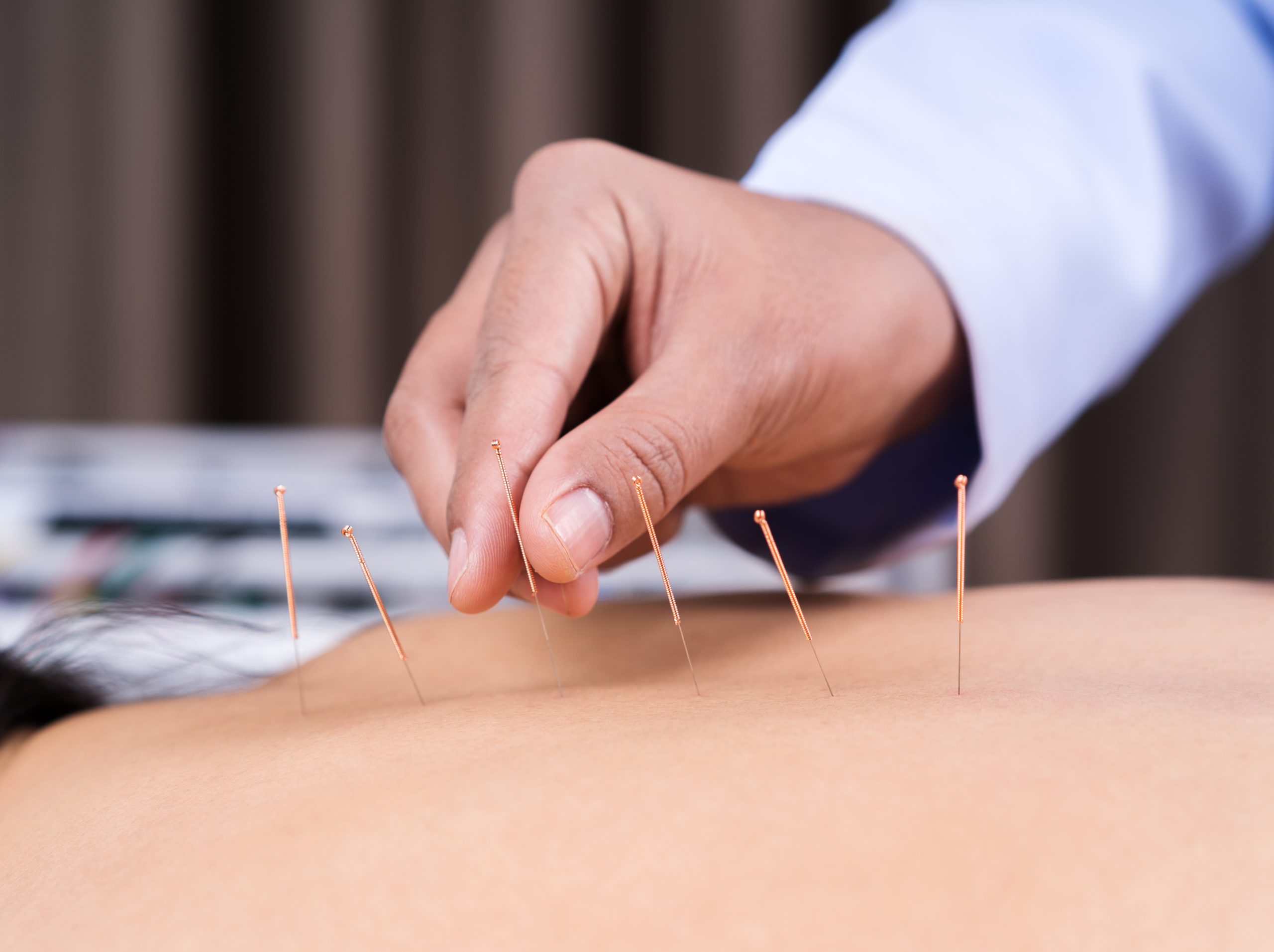Healing from the Inside Out
By Anna Hickner, PsyD in collaboration with Neema Shakibai, MD and medical acupuncturist

As a therapist, I do not often disclose my personal experiences. Therefore, it is noteworthy when I express how much I have benefited from acupuncture and how, for years, and I have found it to be an incredible complement to my work as a psychologist in helping address physical, emotional, mental, and sometimes spiritual needs.
In behavioral health, we target difficult emotions and thoughts through discussing struggles and identifying solutions. Whether we process a heavy and traumatic life event or simply the array of stressors during a big transition, arriving at an insight and creating a plan on how to implement change is rewarding and measurable. We might even unpack and examine what feels unspeakable to foster a sense of healing. The psychological modalities in which I am trained, however, are not somatic-focused treatments. While I help patients find peace in their bodies and minds by offering a space to emote and be vulnerable, acupuncture offers a space for healing where words do not reach. As such, I was overjoyed upon learning that Dr. Neema Shakibai would be joining our practice last spring as both an internal medicine provider and licensed acupuncturist so that our members can enjoy this benefit, too.
Acupuncture is one of the oldest healing traditions in the world, dating back more than 2,000 years to ancient China. The foundation of acupuncture is based on the body’s energy, or “Qi,” that continuously flows through pathways, or “meridians,” in our bodies. When the free flow of “Qi” becomes blocked, or if “Qi” is imbalanced, then pain or illness can occur. Over centuries, acupuncture has evolved into a refined therapy to improve the body’s energy balance and flow, promote physical and mental healing, and support overall wellness. Today, acupuncture is recognized across the world as a valuable part of modern, integrative medicine.
As an integrative therapy, acupuncture supports conventional medical and behavioral health treatments. Research and clinical experience show that acupuncture can help reduce pain, calm anxiety, improve sleep, support digestion, and enhance an overall sense of well-being. Acupuncture encourages a state of calmness and relaxation, reduces stress hormones, and stimulates the release of natural endorphins which are our bodies’ own natural pain-mediators and mood-boosters. Patients may experience mental calmness, improved mood, and feelings of greater resilience when acupuncture is included in their coordinated health care. When combined with psychotherapy, acupuncture can be especially powerful in supporting mental and emotional health. It helps calm the nervous system and may reduce the sympathetic “fight or flight” response.
By uniting the wisdom of Eastern medicine with the science of modern health care, acupuncture encourages a holistic approach to therapy, healing, and wellness. Reducing inner stress through acupuncture can promote a greater sense of peace, which may help patients more effectively process emotions and more thoroughly engage in behavioral health treatment for anxiety, depression, psychological stress, and insomnia. Dr. Shakibai and I not only love what we do, but we have also found that the joining of Eastern and Western paradigms—i.e., acupuncture and talk therapy—presents a unique opportunity to provide care that heals from the inside out.
Schedule Your Next Visit
Contact a Health Navigator to book a primary care or health coaching visit with your clinical team at the Barclays Health Center today.